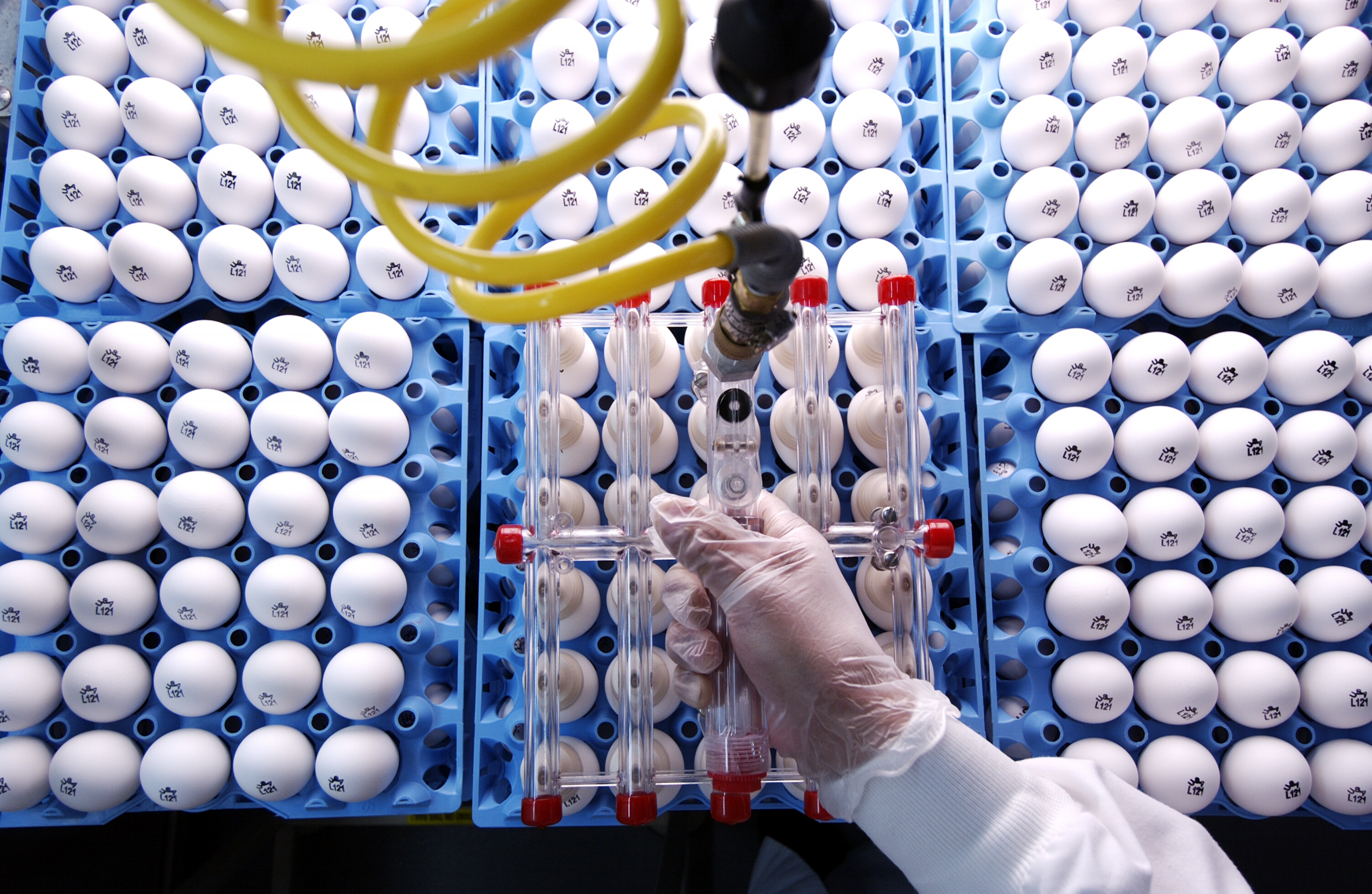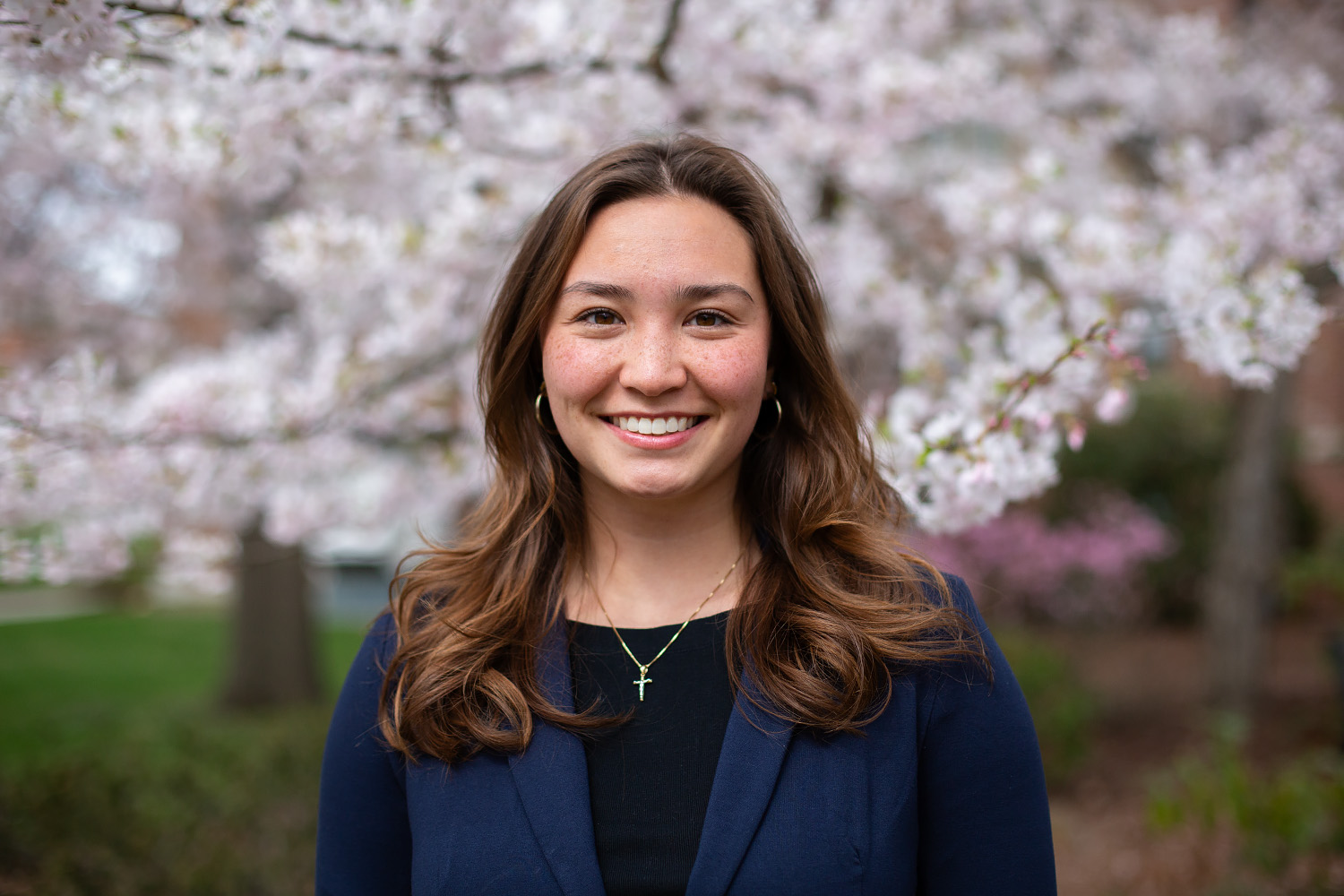Charles River, a leading, early-stage, full-service drug discovery and development company, has established offices and lab space in UConn’s Technology Incubation Program (TIP) on the Storrs campus.
Charles River’s Vaccine Support Services group has joined TIP to continue R&D and manufacturing of their Specific Pathogen Free Avian Supplies (SPAFAS) diagnostics and laboratory products.
In some ways, the SPAFAS product line is returning home. In 1961, professor of virology, Roy Luginbuhl, and Connecticut hatchery man, Ray Davis, founded a small specific pathogen free (SPF) egg production and testing lab at the University of Connecticut called SPAFAS. From a small number of flocks, the lab expanded its range of products and services and grew with joint ventures around the globe. In 1992, SPAFAS was acquired by Charles River and is now known as Charles River Avian Vaccine Services.
“Having offices in UConn’s TIP space provides an exciting opportunity for engaging a new audience in the drug discovery and development process,” says John Bakke, corporate vice president & general manager, Global Avian Operations at Charles River. “Being in such close proximity to both UConn’s students and TIP’s other resident organizations will allow Charles River’s researchers to share their expertise and expand the knowledge-base simultaneously.”
The company frequently provides students and graduates a pathway to future careers at Charles River, which currently has over 500 open employment opportunities. UConn students at all levels will be eligible to compete for internships at Charles River, and the company expects to have a presence at university career and job fairs.
“At UConn, a major part of our mission is to educate the innovation workforce and support job creation and economic development in the state of Connecticut,” says Radenka Maric, vice president for research at UConn and UConn Health. “Collaborating with companies like Charles River could deliver on both of those fronts.”
As an established leader in the global biotechnology and pharmaceutical industries, Charles River will serve as a resource for fellow TIP companies, many of which are fledgling technology startups.
“As a company with unmatched experience along the drug discovery pipeline, Charles River can offer valuable insights to the early-stage ventures located at TIP,” says Mostafa Analoui, executive director of venture development at UConn. “We are thrilled to welcome them into the program and look forward to continuing to grow the collaborations between Charles River and the university.”
Charles River recently hosted a workshop at TIP’s Innovation & Investment Series on the topic of Drug Discovery & Development, followed by a networking reception. Experts in R&D from Charles Rivers will also hold office hours for fellow TIP companies involved with pharmaceutical development.
About Charles River
Charles River provides essential products and services to help pharmaceutical and biotechnology companies, government agencies and leading academic institutions around the globe accelerate their research and drug development efforts. Our dedicated employees are focused on providing clients with exactly what they need to improve and expedite the discovery, early-stage development and safe manufacture of new therapies for the patients who need them. To learn more about our unique portfolio and breadth of services, visit www.criver.com.
About UConn TIP
UConn’s Technology Incubation Program (TIP) is the only university-based technology business incubation program in Connecticut. Established in 2004, TIP couples UConn’s world-class research resources, facilities, and business support services with a network of experienced investors and entrepreneurs to help launch high-potential startups. Since 2004, the program has helped over 100 companies that have raised $164.6 million in debt and equity, $62.3 million in grant funding, and more than $50.7 million in revenue while in the program.



